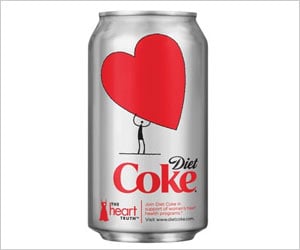British parents should give their teenage children a weekly alcohol allowance at home, to help them avoid falling into Britain's notorious binge-drinking culture, a study recommended on Friday.
British parents should give their teenage children a weekly alcohol allowance at home, to help them avoid falling into Britain's notorious binge-drinking culture, a study recommended on Friday.
It said banning teenagers from drinking alcohol risked pushing them to buy cheap booze on the street and get into more trouble.British health authorities have long sought to promote a more "continental" European attitude to drinking, as opposed to the heavy boozing which brings chaos to many town centres on weekend nights.
The result of the British culture was reflected in the new study's findings: some 30 percent of teenagers surveyed said they have experienced violence while drunk, and 12.5 percent reported having had sexual encounters they regretted.
The research, based on interviews with 10,000 15- and 16-year-olds, found that such risks were reduced if teenagers were allowed to drink at home by their parents.
"The negative impacts of alcohol on children's health are substantial," said Mark Bellis of the Faculty of Applied Health and Social Science at Liverpool John Moores University, northwest England.
"Those parents who choose to allow children aged 15 to 16 years to drink may limit harm by restricting consumption to lower frequencies (e.g. no more than once a week) and under no circumstances permitting binge drinking."
Attempting to ban teenagers from drinking alcohol risked pushing them onto the street, where large bottles of cheap cider were among the most preferred sources of alcohol, the researchers cautioned.
Carefully introducing alcohol to children may help them "prepare themselves for life in an adult environment dominated by this drug", they said.
Source-AFP
LIN
 MEDINDIA
MEDINDIA




 Email
Email






